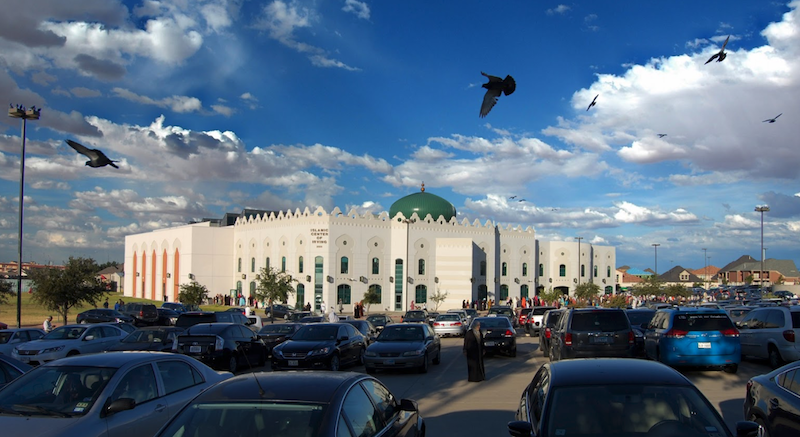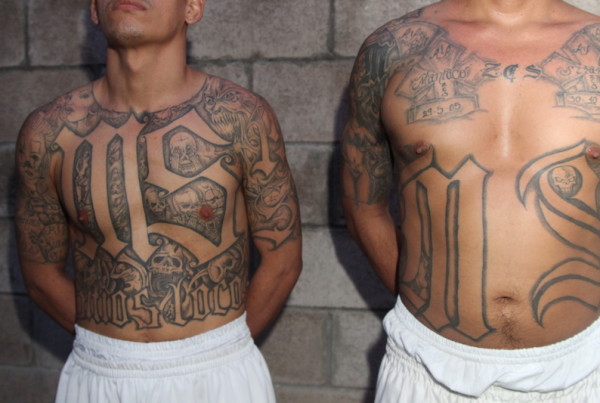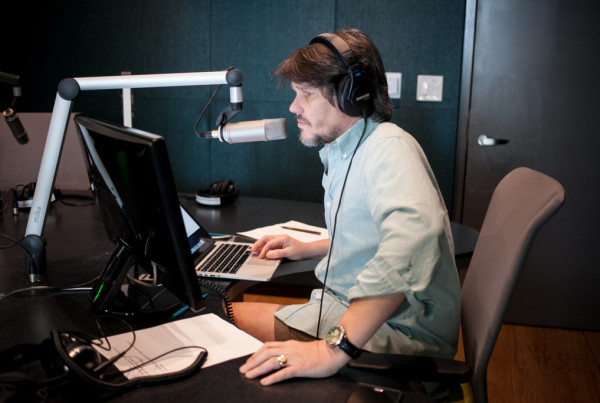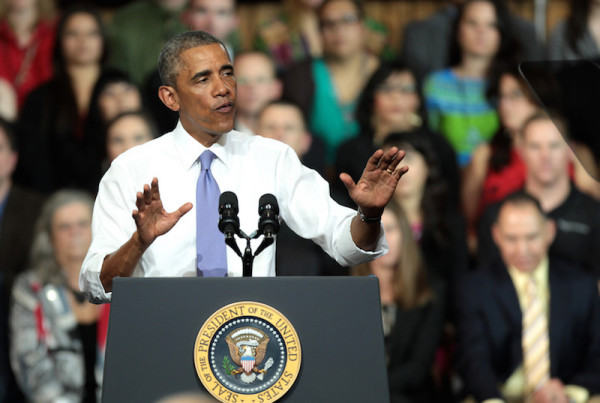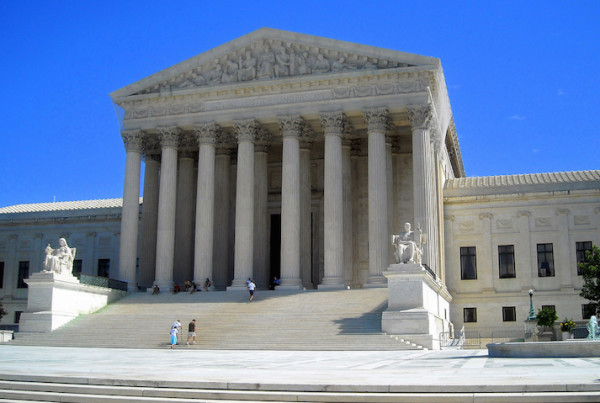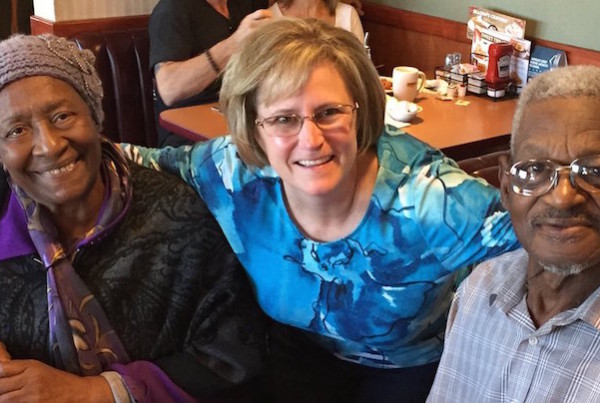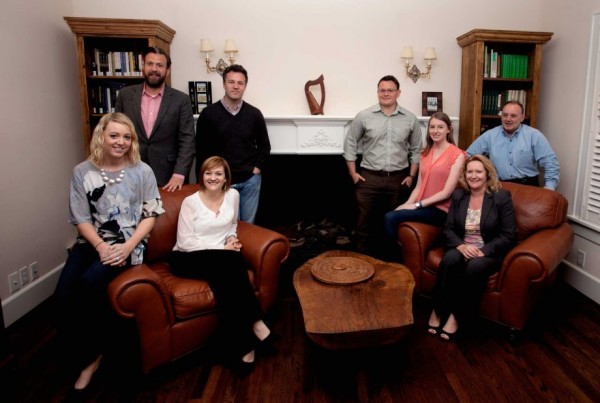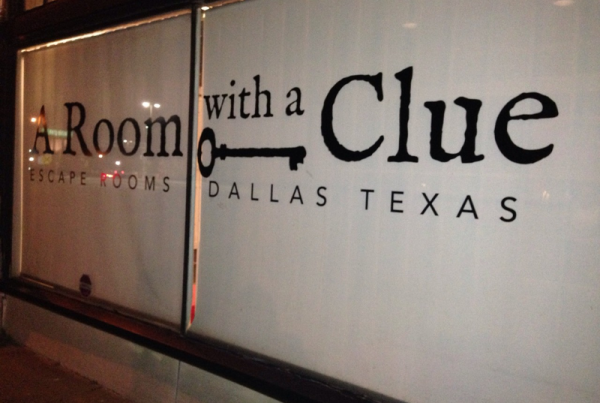President Obama’s Sunday night speech was, in part, responding to a growing chorus nationwide wanting to know that the government is doing all it can to protect the country from terrorists. As the president noted, much of this talk conflates terrorism with the religion of Islam.
The events last month in Paris, and last week in California, have heightened those concerns, but nowhere does the anti-Islam rhetoric ring louder than in North Texas.
Indeed, one of the most influential voices in Texas, Robert Jeffress, pastor of First Baptist Dallas, spoke to his congregation after the Paris attacks with an anti-Muslim tone.
“I believe that it is time for us to lay aside political correctness and identify the belief system that is responsible for these horrific acts – and that is the evil evil religion of radical Islam,” Jeffress said. “That is the belief system that inspired this tragedy. Make no mistake about it Islam is not another way to approach God. Islam is a false religion, and it is inspired by Satan himself.”
NPR’s Southwest correspondent John Burnett says Jeffress is just one example of what appears to be a bigger phenomenon in North Texas.
“There have been anti-Islamic incidents all over the country after the Paris attacks: Virginia, Pennsylvania, Kentucky and California,” Burnett says. “But there’s really been quite a cluster of them around the Dallas-Fort Worth metroplex.”
To name a few, there were two armed protests at mosques: one in Richardson and one in Irving. There was a “Draw the Prophet” contest in Garland that attracted two terrorists from Arizona who were shot by Garland police and killed. A controversial city council resolution, also in Irving, ruled in favor of a state law that wouldn’t forbid judges from basing their rulings on foreign law, drawing on fears that the city’s mosque would somehow enforce sharia law.
“This drew a lot of heat to Irving,” Burnett says. “The mayor said they were just being pro-American, they weren’t trying to be anti-Islamic.”
But why the focus around North Texas? Burnett says it’s hard to say why. For one, the large Mosque in Irving has as many as 2,500 worshippers on Friday prayers and Burnett says that makes it an easy target for anti-Islamic protests. Then there’s the political climate of the area itself. For example, the speech Jeffress gave at his church was met with a standing ovation.
Burnett says these anti-Muslim incidents are part of a larger trend, according to Alia Salem, the director of the Council on American-Islamic Relations (CAIR).
“She said that 2015 has been a banner year for hatred in DFW,” he says. “I think that sometimes these things create a climate in which people feel a license to do things. To express their frustration and their rage against who they believe are terrorists.”
There’s another armed protest scheduled outside of the Irving Mosque for Dec. 12, but Burnett says CAIR is also going to attend and support peoples’ right to their religion. But Burnett says a white supremacist group, the Texas Rebel Knights, has said they’re also going to show up.
“It seems like it’s getting worse,” Burnett says.


